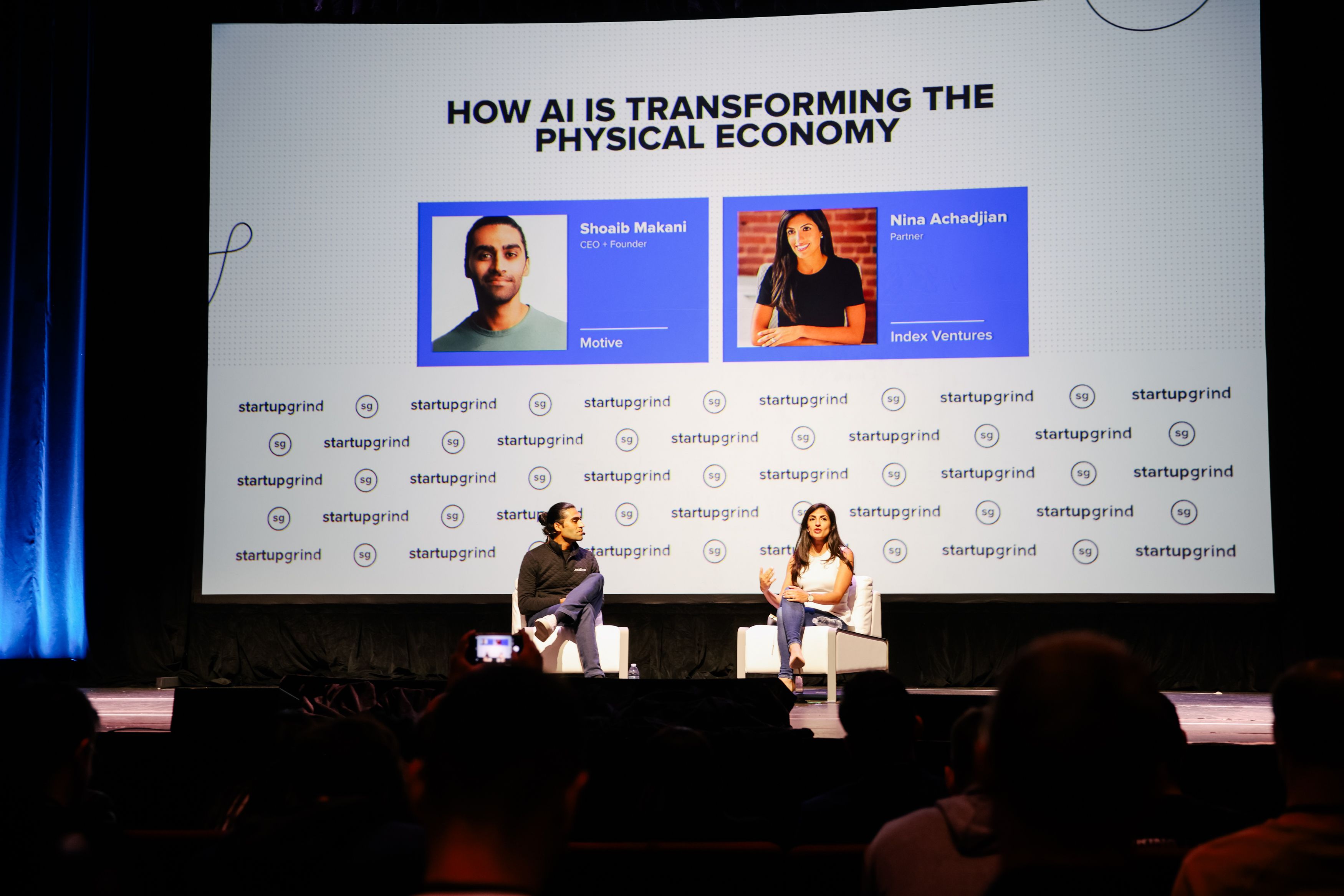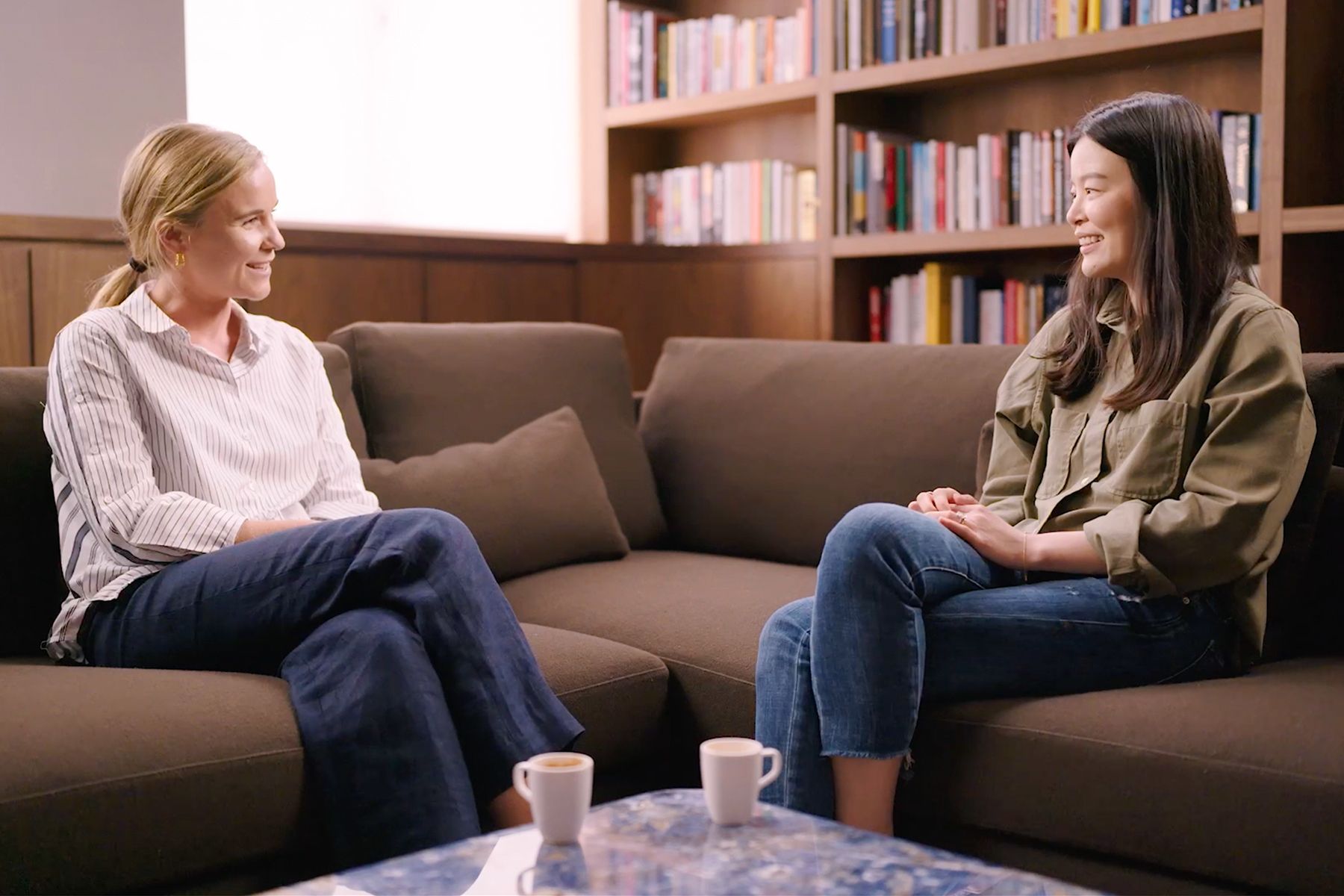Index OnAir: The New Fundraising Landscape

Over the last few weeks, we have received many questions from the startup community on how COVID-19 has been impacting the fundraising landscape. Our Partner Mark Goldberg invited Kris Fredrickson, Managing Partner at Coatue, and Matthew Jacobson, General Partner at ICONIQ Capital to share their thoughts on how entrepreneurs can adjust to the new reality and start planning for what comes next.
Video replay is available at the bottom of this page.
Mark Goldberg: I've known Kris and Matt for a long time — they are the two of the investors I most respect in late-stage growth, and two funds we have loved working with over the years. I know that across our network these issues are all top of mind right now, and the sheer number of participants we have on this call is a testament to that too. So given how much has changed in the last 2 months, how has your investment framework evolved?
Kris Fredrickson: As investors, we're constantly taking on new information and making adjustments, and this period is no exception. We take the view that big moments of change, and crises are obviously big moments of change, create opportunities. They cause consumers and businesses reevaluate what they were doing before, and also tend to accelerate adoption of technology. We saw this after 9/11 when there was a short-term slowdown in travel, but also an inflection point for some really incredible online travel companies. In 2008 companies ramped down their ad budgets, and when they started ramping back up they realized there were powerful alternatives to TV and print — like Google, and then Facebook.
There’s a big question about what comes out of this one. We’re seeing some obvious mainstream successes like food delivery grocery, digital media, social media, but then there's also industries earlier in their adoption curve that are having a moment. Fintech companies seem to be hitting all-time highs for signups, as well as telemedicine and remote collaboration.
Matthew Jacobson: There are companies that are unduly impacted in travel, entertainment, restaurants and hospitality and this macroeconomic plunge is discriminating against them very directly. Many others who are not as directly impacted will get a pressure test of shrinking budgets in a recessionary environment, and the ability to adapt and learn from the signals and data points in the environment. These difficulties can build stronger companies, and we're thinking about all those factors, both in our portfolio and in new investments we're making.
Mark: Have investors had to change the way they evaluate new deals?
Kris: Yes. There's enormous uncertainty. I'm not an economist, but this feels like an unprecedented moment for all of us to be navigating through. We're doing this in real time, on the phone every day with our companies trying to understand how things are evolving.
There's enormous uncertainty. I'm not an economist, but this feels like an unprecedented moment for all of us to be navigating through. We're doing this in real time, on the phone every day with our companies trying to understand how things are evolving.Kris Fredrickson,
Managing Partner at Coatue
We’re still doing meetings, but the thing we’re looking for now is a founder who appreciates the gravity of the situation and is willing to adjust, even if we don’t know what those adjustments are just yet.
As for financial plans - whatever the 2020 plan was is no longer the plan! There's been sort of a cyclical shift from growth towards unit economics. So we might be a little bit more forgiving on the growth side as we look at a company, and have a higher bar for clear progress towards unit economics that make the business sustainable.
Mark: Are there going to be some great deals to be had in this environment? What about M&A?
Kris: It's generally been an error in our industry to optimize around finding something at a good price, when what you really want to find is a truly incredible company. You have to make the valuation work, and I feel the same way about terms. Pick an incredible company with an incredible founder; valuation and terms come after that.
Mark: We're going to be forced to make many decisions on companies and founders during a process that is entirely remote. How do you build meaningful relationships in this environment?
Matthew: We’ve spent a lot of time discussing this. When we started Iconiq we’d always meet companies where they were: New York, Boise, Amsterdam — we’d get on a plane. We haven’t yet invested in a team we’ve only met on Zoom. But now we’re open to it. We often tell founders that bringing on a new investor is like making a big executive hire; chemistry is important and we’re trying to learn how to replicate that feeling for chemistry when we’re meeting online.
We often tell founders that bringing on a new investor is like making a big executive hire; chemistry is important and we’re trying to learn how to replicate that feeling for chemistry when we’re meeting online.Matthew Jacobson,
General Partner at Iconiq Capital
[It’s also important to do] more references on both sides. We know that favors people within a certain echo chamber, but I would still advise leaning into existing relationships, even if that's with other founders. We consider our own founders to be a filter for meeting new ones.
Kris: This feels like a moment when the really mission-driven founders can shine. When we feel like we know someone better, even over Zoom, that’s when we start to get comfortable. We want to know how much the problem frustrates her, and why this had become her life's work and mission.
Mark: What advice would you give companies that have to try and raise this year?
Matthew: This may seem idealistic, but be as open and transparent as ever. Where were you at the beginning of the year? What wasn't perfect internally, before all this hit, and what will the impact be? Be clear on where you were strong, where you were weak, and on what you think the impact of this pandemic will be.
Mark: Do you think there’s a more equal geographic opportunity here for businesses not based in the usual VC centers?
Kris: We’re increasingly global every year, both on the private and public side of our business. Now 40% to 50% of our dollars are invested outside the US and we've seen that number go up over time. This is all part of the incredible proliferation of technology businesses that are fundamentally global.
Mark: What general advice would you give to founders trying to navigate this time?
Kris: There's a lot of uncertainty, and a lot of very real human tragedies unfolding. The priority should be to concentrate on the difficult decisions that need to be made in the short term. But I would encourage people to remember that we will come out the other side of this, and that there is always a meaningful opportunity for the people who are able to survive and navigate through.
Matthew: On a practical level, founders should spend some time learning to make the most of Zoom. Be energetic and positive. You're potentially going to investors around the table, and pitching and getting their feedback, so energy can be a powerful signal.
We're experiencing a point in time with so much stress and so much change, but there are generations of founders and CEOs that have built through this, through 2000 and 2008. Lean into these relationships, especially mentorship relationships that will be invaluable.
Published — April 21, 2020


